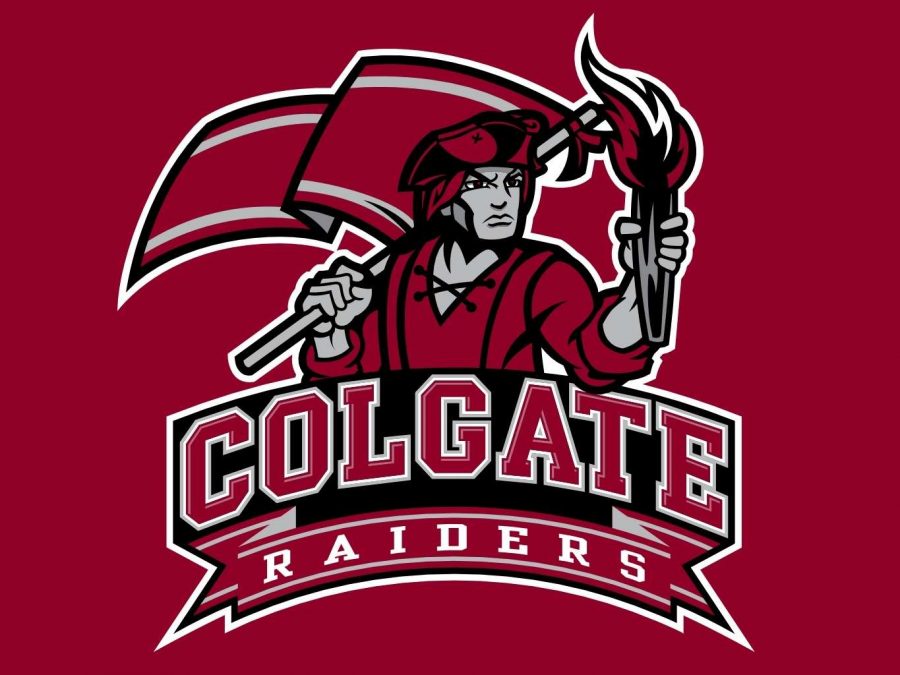Athlete, Narp or Neither?
There are two types of people in this world: those who proudly flaunt the impressively unflattering grey sweat outfit that reads “Property of Colgate Athletics” and those who do not. Social constructions have left the former subjected to labels such as “dumb,” “entitled” and “too cool for school.” On the other hand, the latter are commonly referred to as “narps,” a generalizing acronym for “non-athletic regular people.”
This social dichotomy is all the more present on college campuses, including Colgate’s, where students feel the need to frame their interests through such labels when in a completely new environment. Thus, “narp” or “athlete” become part of everyone’s routine introduction to their professors, to the other students they encounter at the Old Stone Jug or the friends they sit with at Frank Dining Hall. Sadly, labels stick, and each label carries with it a set of assumptions that ultimately oversimplify its referent.
Not only do these labels oversimplify and overlook many interests of students, but they also discourage students from pursuing interests that might fall outside the realm of “narp” or “athlete” for fear of being judged. Insecurity to this extent threatens our
open-minded campus culture which seeks to foster individuality.
“I call it catalyzing an emotional process. And I just think that is the most beautiful thing we can do as human beings,” sophomore Lauren Sanderson said when asked about her passion for spoken word. Lauren is an English major and a spoken word poet. She is also a varsity athlete. Knowing this other side of Lauren, does her confession come as a surprise to you? If not, then you can ignore this article. If so, read on.
I had known Lauren for a few months before she shared her passion for spoken word poetry with me. Her vulnerability refreshed me. But then I realized that I found her emotional depth refreshing because I assumed about Lauren what I assumed about all other athletes: athletics was her one and only “thing.” Even more disturbing than my realization was that here I was, a student-athlete, convinced of my own multi-dimensionality, assuming that other athletes, including my teammates, were one-dimensional. Lauren definitely sparked a realization for me: perhaps we all have internalized these pervasive assumptions of “narp” and “athlete” without even realizing it.
By now you’re probably thinking that terms like “athlete” are virtually unavoidable. And I agree. It is not the labels themselves which contribute to this process of over-simplifying our peers. Rather, it is our complacency with resorting to the hurtful assumptions that each label carries. It is a tall order to suggest we eliminate words like “narp” from our vocabulary and expect the assumptions that it prompts will become irrelevant.
So I propose something much simpler: become curious about your friends, teammates and fellow students’ interests, and they will probably surprise you. Embracing the fact that everyone is more than just an “athlete” or “narp” will create a campus culture in which students feel confident to pursue their interests and feel the support of their fellow classmates to do so








